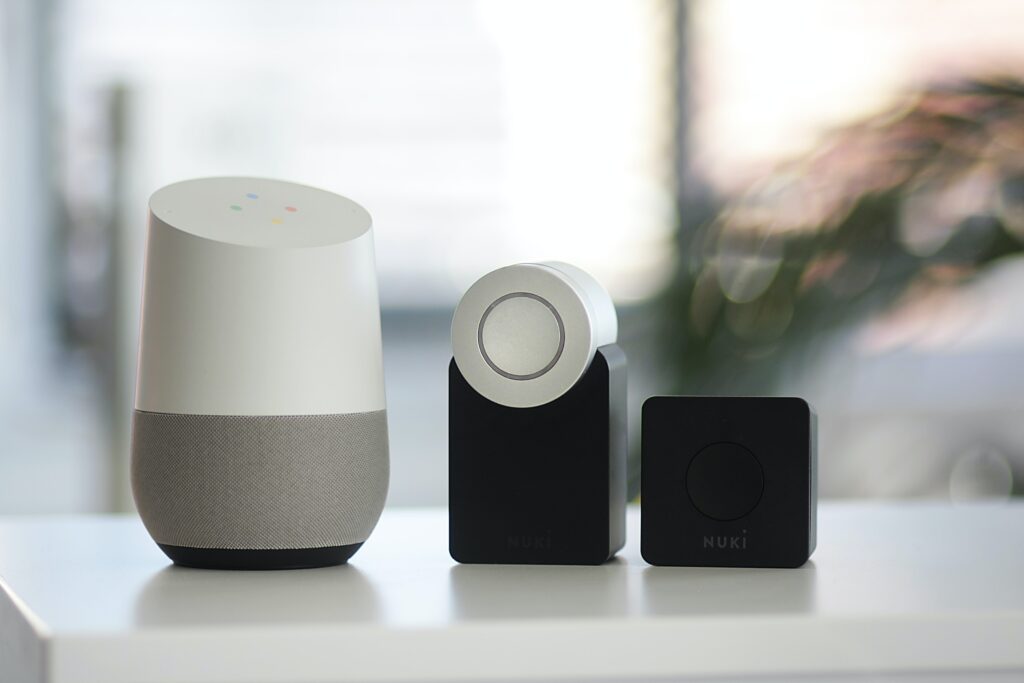
Voice assistant AI has emerged as a revolutionary technology that is transforming the way we interact with our devices and access information. From virtual assistants like Amazon’s Alexa, Apple’s Siri, Google Assistant, and Microsoft’s Cortana, voice-based AI has become an integral part of our daily lives. This article explores the capabilities, benefits, and impact of voice assistant AI, highlighting its influence across various industries and shedding light on the future of voice-based interactions.
Enhanced User Experience and Convenience:
Voice assistant AI offers a new level of convenience and simplicity in interacting with technology. Instead of typing or navigating through menus, users can simply speak their commands or questions, and the AI-powered voice assistants respond with relevant information or perform requested tasks. This hands-free and intuitive interaction allows users to multitask, be more productive, and access information quickly.
Voice Assistant Transforming Way We Interact with Technology
Whether it’s setting reminders, sending messages, playing music, or getting weather updates, voice assistant AI provides a seamless experience by understanding natural language and context. The technology has advanced to the point where voice assistants can comprehend complex queries and provide accurate responses, creating a more personalized and efficient user experience.
Voice assistant AI also enhances accessibility for individuals with disabilities or those who have difficulty using traditional interfaces. People with mobility impairments or visual impairments can interact with devices and access information effortlessly through voice commands, promoting inclusivity and equal access to technology.
Impact on Industries:
Voice assistant AI is making a significant impact across various industries, transforming the way businesses operate and improving customer experiences. In the retail sector, voice assistants enable hands-free shopping experiences. Users can verbally search for products, place orders, and track deliveries, creating a frictionless and convenient shopping journey. Voice assistants also offer personalized recommendations based on users’ preferences, purchase history, and browsing behavior, enhancing customer engagement and loyalty.
In healthcare, voice assistant AI is revolutionizing patient care and management. Voice-enabled devices can schedule appointments, answer medical queries, and provide medication reminders. Doctors and healthcare professionals can use voice assistants to access patient records, obtain real-time information during surgeries or procedures, and streamline administrative tasks, improving overall efficiency and patient outcomes.
Moreover, voice assistant AI is driving innovation in the automotive industry. Voice-controlled infotainment systems and virtual assistants in cars allow drivers to navigate, make phone calls, and control music without taking their hands off the wheel. This hands-free functionality enhances driver safety and minimizes distractions, making voice assistants an indispensable feature in modern vehicles.

Future Trends and Challenges :
The future of voice assistant AI holds exciting possibilities. Natural language processing and machine learning algorithms continue to advance, allowing voice assistants to understand nuances, emotions, and dialects better. This progress will result in more accurate responses, enhanced conversation flow, and improved contextual understanding.
Integration with smart home devices and Internet of Things (IoT) technology is another key area of development. Voice assistants can control and manage connected devices, such as lights, thermostats, and security systems, creating a seamless and interconnected smart home experience.
However, voice assistant AI also faces challenges. Privacy and data security concerns remain significant considerations. Voice assistants process and store user data, raising questions about data protection and potential breaches. Striking a balance between convenience and privacy will be crucial in ensuring user trust and maintaining ethical practices.
Additionally, improving natural language understanding and reducing errors in voice recognition will be important for advancing voice assistant AI. Addressing accent and language variations, as well as refining response accuracy, will make voice interactions even more reliable and user-friendly.
Voice Assistant AI in Customer Service: Voice assistant AI has revolutionized customer service by offering efficient and personalized support. Companies are leveraging voice assistants to provide instant responses to customer inquiries, assist with troubleshooting, and guide users through self-service options. This technology not only reduces the need for human agents but also ensures consistent and accurate information is provided to customers, leading to improved customer satisfaction and reduced waiting times.
Multilingual Voice Assistant AI: With the increasing globalization and diversity of users, voice assistant AI is evolving to support multiple languages. Companies are investing in developing multilingual voice assistants that can understand and respond to queries in different languages, catering to a wider user base and enabling seamless communication across borders. This advancement opens up new opportunities for global businesses and facilitates communication in multicultural environments.
Voice Commerce and Payments: Voice assistant AI is driving the rise of voice commerce and payments. Users can now make purchases and complete transactions using voice commands, making the shopping experience more convenient and streamlined. Voice assistants securely process payment information and can be integrated with e-commerce platforms, allowing users to order products, make reservations, and even request deliveries solely through voice interactions.
Voice Assistant AI in Education: Voice assistant AI is making its way into the education sector, transforming the learning experience. Voice-based educational tools and applications are being developed to provide interactive and engaging learning environments. Students can ask questions, receive explanations, and engage in voice-controlled activities, enhancing their understanding and retention of knowledge. Voice assistant AI also supports accessibility for students with learning disabilities or language barriers, making education more inclusive and personalized.
Voice Assistant AI for Personalized Health and Wellness: Voice assistants are increasingly being used in the health and wellness industry to promote personalized care. Users can receive health tips, track fitness goals, and access wellness resources through voice interactions. Voice assistant AI can provide reminders for medication schedules, guide users through exercise routines, and offer motivational support, empowering individuals to take control of their health and well-being.
By incorporating these unique points, the article will provide a comprehensive understanding of the diverse applications and impact of voice assistant AI in various domains.
Conclusion :
Voice assistant AI has undoubtedly transformed the way we interact with technology, offering convenience, efficiency, and enhanced user experiences. From homes to cars and industries like retail and healthcare, voice assistant AI is reshaping our daily lives. As the technology continues to evolve, advancements in natural language processing, integration with IoT, and addressing privacy concerns will drive its future growth. Voice assistant AI is set to play a prominent role in the era of connected devices, empowering users with seamless, voice-activated control over their digital lives.







